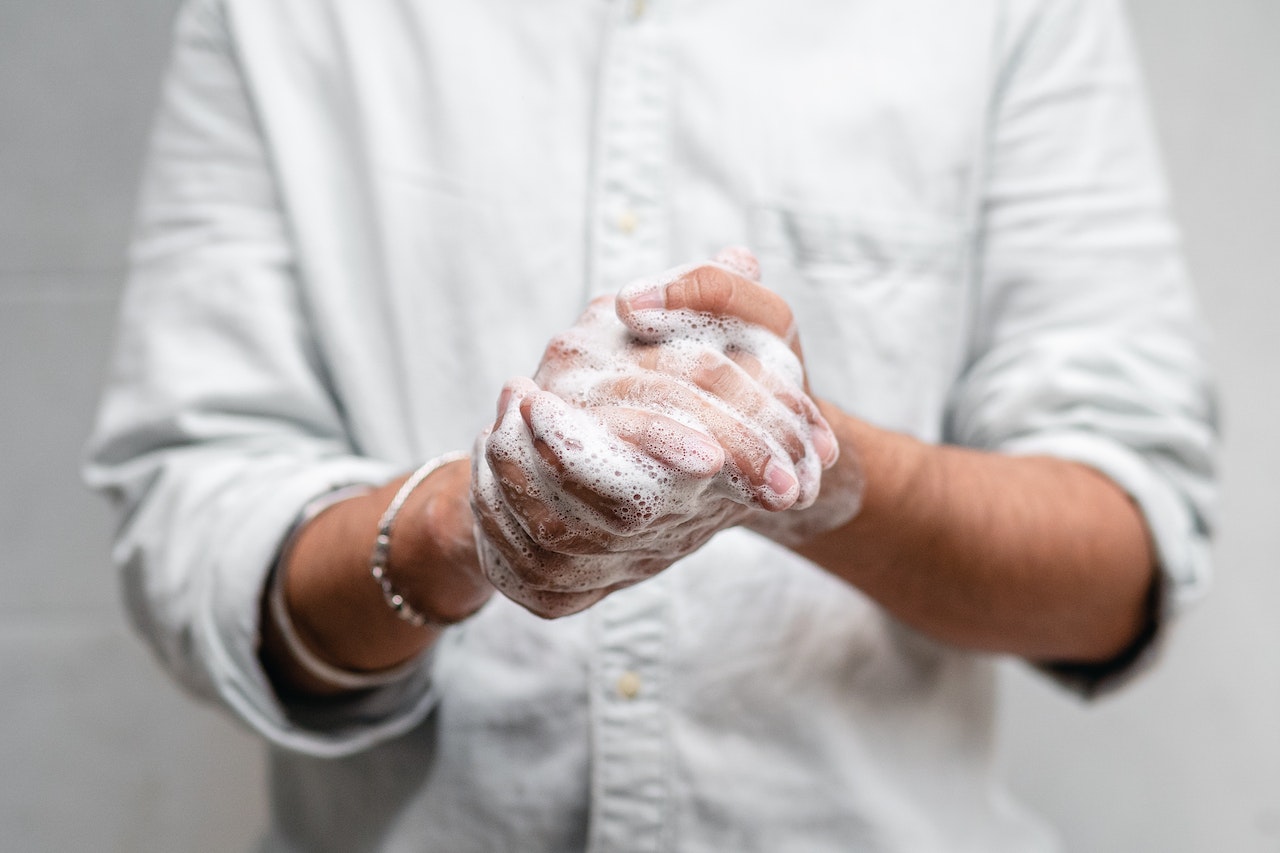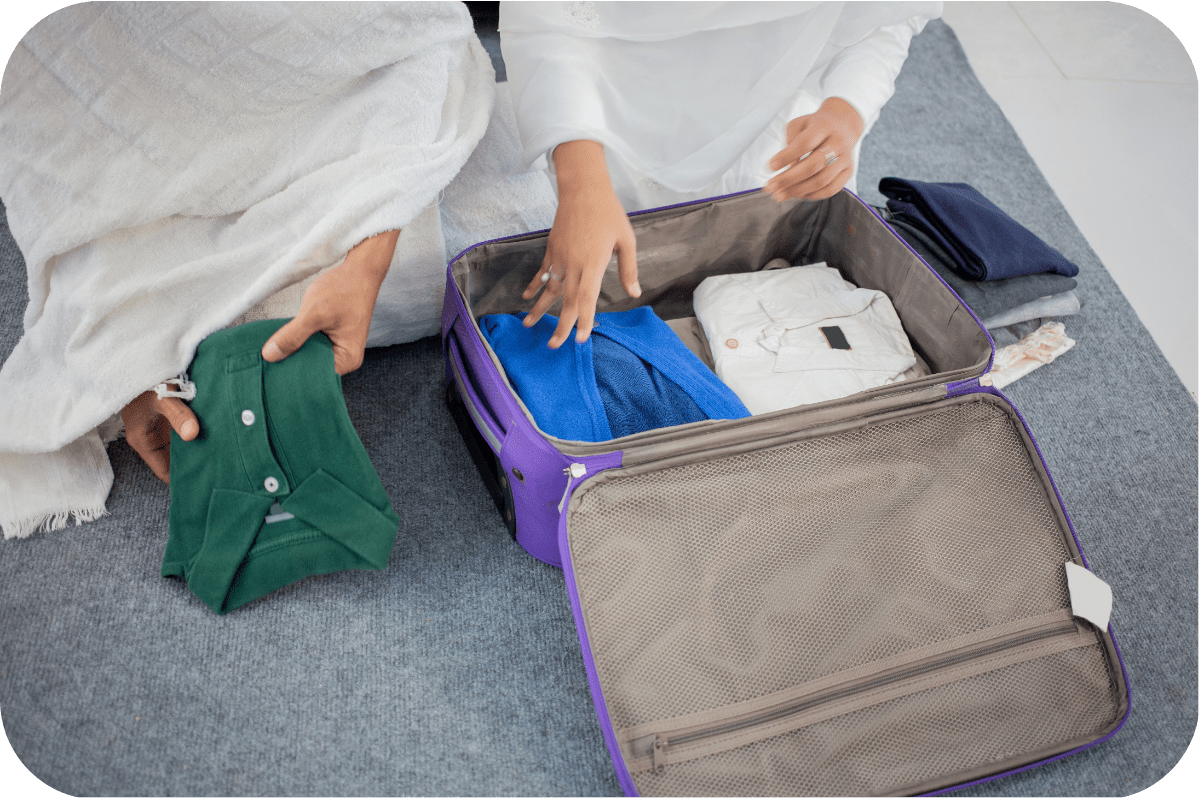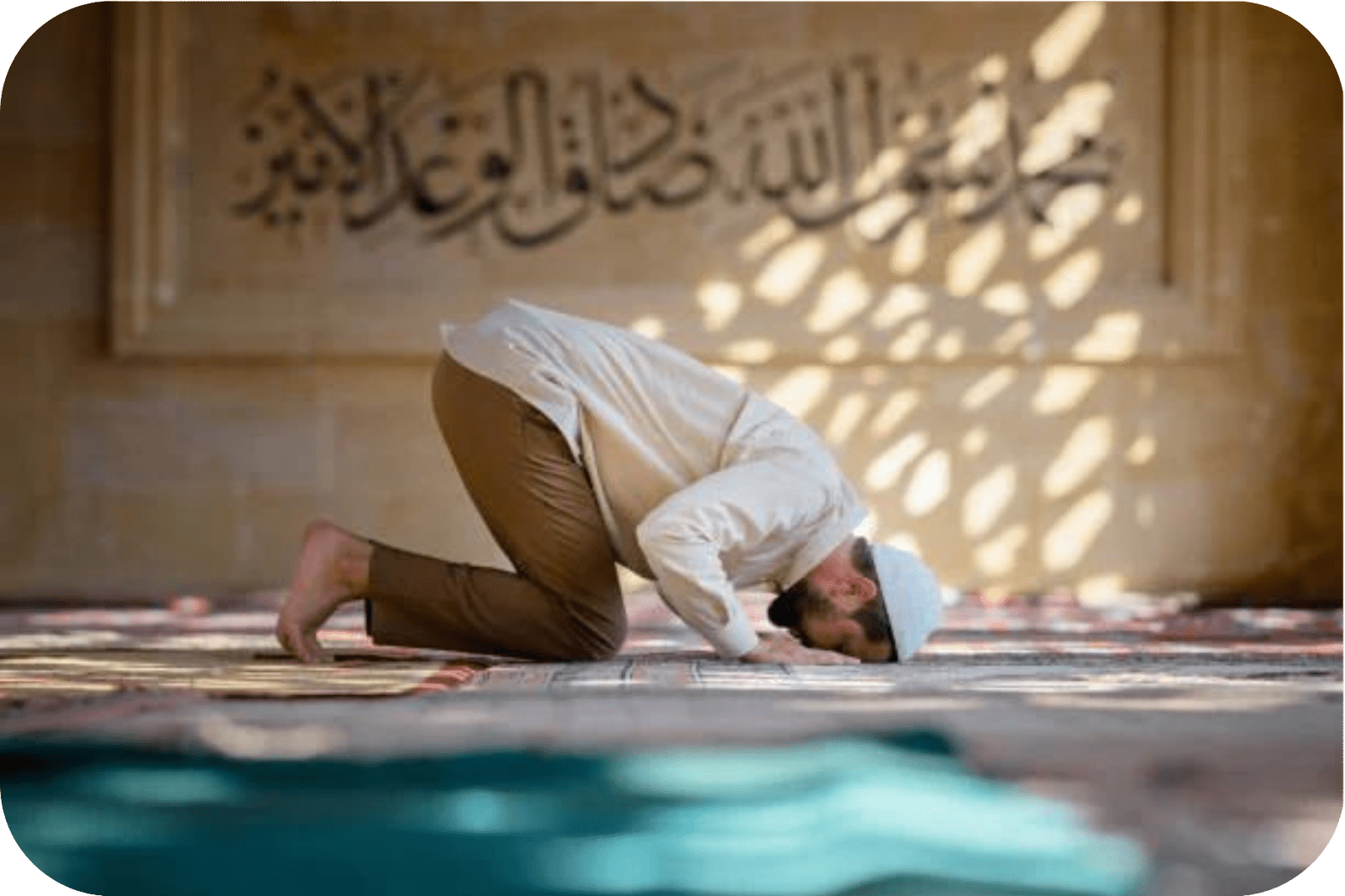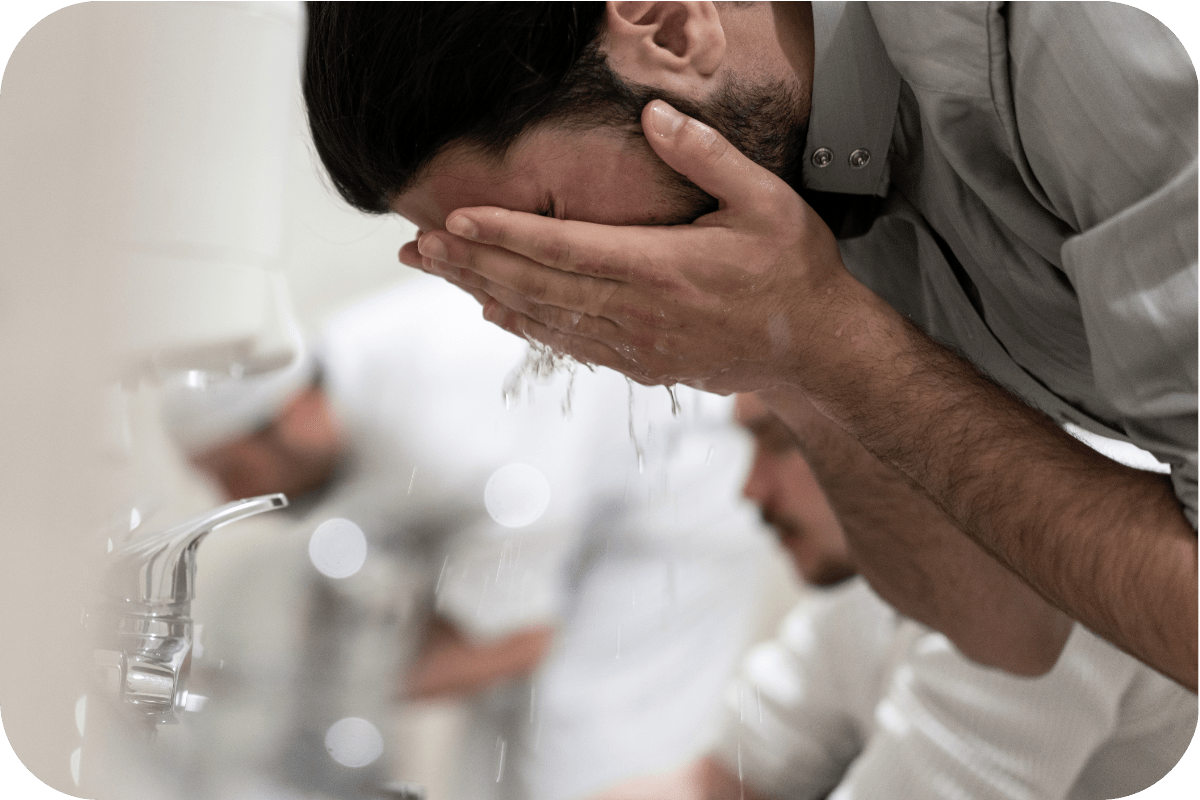- Home
-
BY CATEGORY
- BY EVENT
- Blog
-
QADR is an our custom developed gift-finder. Simply put in your filters and the Riwaya algorithm searches through our seller's products to find you your bespoke gift selections. Simply press left to add to your favourites or right to add to cart! Finding your perfect Islamic Gift has never been easier!
- Menu
- Home
-
BY CATEGORY
- BY EVENT
- Blog
-
QADR is an our custom developed gift-finder. Simply put in your filters and the Riwaya algorithm searches through our seller's products to find you your bespoke gift selections. Simply press left to add to your favourites or right to add to cart! Finding your perfect Islamic Gift has never been easier!
Top tips for Islamic grooming and personal hygiene
Top tips for Islamic grooming and personal hygiene

Muslims should prioritise cleanliness for themselves and their surroundings. This is based on the belief that maintaining personal hygiene and cleanliness contributes to one's physical and spiritual health.
Cleanliness is Half of Faith
Maintaining good grooming and personal hygiene is an important part of Islam. The Prophet Muhammad (peace be upon him) emphasized the importance of cleanliness, saying, "Cleanliness is half of faith."
In addition to being a sign of devotion to God, good grooming and personal hygiene can also help to prevent illness and improve overall health and well-being.
Tips for Islamic Grooming
Here are some Islamic grooming and personal hygiene tips based on guidance from the Quran and Hadith:
1. Clean Teeth & Groom Hair
Brush your teeth regularly: The Prophet Muhammad (peace be upon him) encouraged believers to use a toothbrush (called a siwak) to clean their teeth.
He said: "Purification of the mouth is achieved with the siwak." Brushing your teeth twice a day with fluoride toothpaste can help to prevent tooth decay and gum disease.
In addition to this, keep your hair clean and well-groomed: The Prophet Muhammad (peace be upon him) said, "The best of your men are those who have the best of manners and the best of you are those who have the best of manners towards their wives." This Hadith highlights the importance of being well-groomed and well-mannered, which includes taking care of your hair.
2. Regular Baths
Make sure you take regular baths and showers: The Prophet Muhammad (peace be upon him) said, "Perform ablution (washing of the face, hands, and feet) before sleep and when you wake up." Ablution is an important part of Islamic ritual, but it also serves the practical purpose of keeping the body clean and refreshed. In addition to performing ablution, it is also important to take regular baths or showers to keep the body clean and prevent the buildup of dirt and sweat.
3. Clean Clothes
Wear clean clothes: The Prophet Muhammad (peace be upon him) said, "Cleanliness is next to godliness." This Hadith emphasizes the importance of keeping oneself and one's surroundings clean. Wearing clean clothes is an important part of good grooming and personal hygiene, as it helps to prevent the buildup of dirt and sweat.
4. Natural Ingredients for Skincare
The Prophet Muhammad (peace be upon him) recommended using olive oil as a natural moisturizer and skin conditioner. He said, "Use olive oil, for it comes from a blessed tree." Olive oil is rich in antioxidants and fatty acids, making it effective at nourishing and protecting the skin.
Conclusion
In conclusion, good grooming and personal hygiene are important practices in Islam that help to glorify God and promote good health. By following the guidance of the Quran and Hadith, believers can cultivate habits of cleanliness and care for their bodies that reflect their devotion to God and respect for themselves and others. May these Islamic grooming and personal hygiene tips serve as a reminder to prioritize these practices in our daily lives.
Selling at Riwaya
We bring the traditional souk to your customers online. Get your organic products to your target market in a matter of minutes, and we take care of all the hard stuff! Allowing you to focus on your products and get free marketing, SEO booster and a full mini-store packed with amazing features to take your business to the next level! Get in touch and join our team of sellers: Become a Riwaya seller
FAQs
Q1: What is Islamic grooming?
Islamic grooming refers to the practice of personal care and cleanliness following the teachings of the prophet Muhammed. It includes practices such as bathing, trimming nails and hair, and adhering to guidelines for purity and modesty.
Q2: What is the significance of Friday in Islamic grooming practices?
Muslims gather for Friday prayers, known as Jummah. It's the most important weekly prayer and mandatory for men. Taking a bath or shower on Fridays before Jummah is encouraged as a recommended act of personal hygiene called Ghusl.
Q3: What is Ghusl?
Ghusl is a full-body purification that is mandatory for any adult Muslim. Some of the instances, when ghusl is obligatory, include sexual intercourse, menstruation, and after formally converting
Q4: How to perform Ghusl?
Begin with the intention to purify yourself. Say Bismillah and wash your hands three times, then clean the private parts. Proceed with wudu (ablution) as you would for prayer, except for the feet. Now, pour water over your head three times. Wash your entire body, starting from the right side and then the left. Finally, wash your feet.
Q5: What is ablution?
Ablution, also known as Wudu, is a purification that Muslims must perform before prayer. During wudu, a Muslim washes their hands, rinses their mouth, cleanses their nose, washes their face and arms, wipes their head/hair, and finally washes their feet.
About the shop
Customer
- Contact Us
- FAQs & Returns
- Blog
- Riwaya Community
- Seller Login
- Shipping
- Sign in
- Register
save favourites, carts, and get a more personalised experience
OR
About Riwaya
- About Us
- Terms & Conditions
- Privacy Policy
- Sell With Us
- Sitemap
- Prayer Timetables
- Sign in
- Register
save favourites, carts, and get a more personalised experience
OR
Newsletter
© 2020 - 2024 Riwaya. Powered by Riwaya



